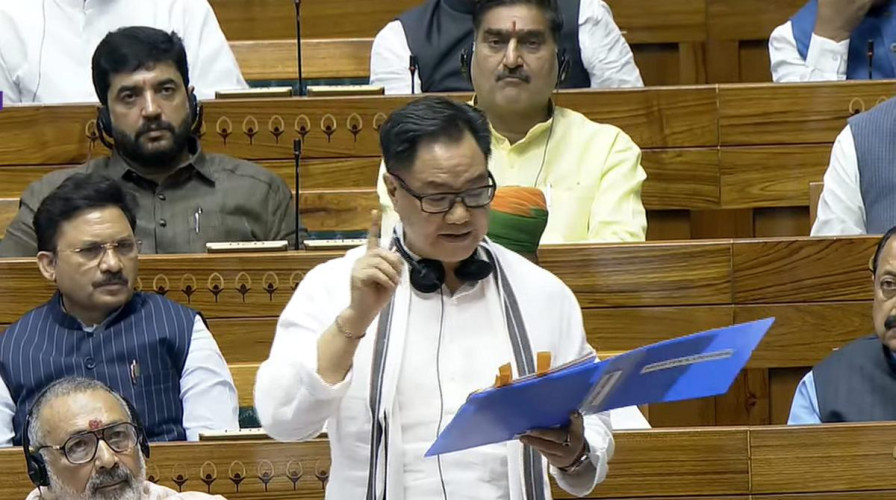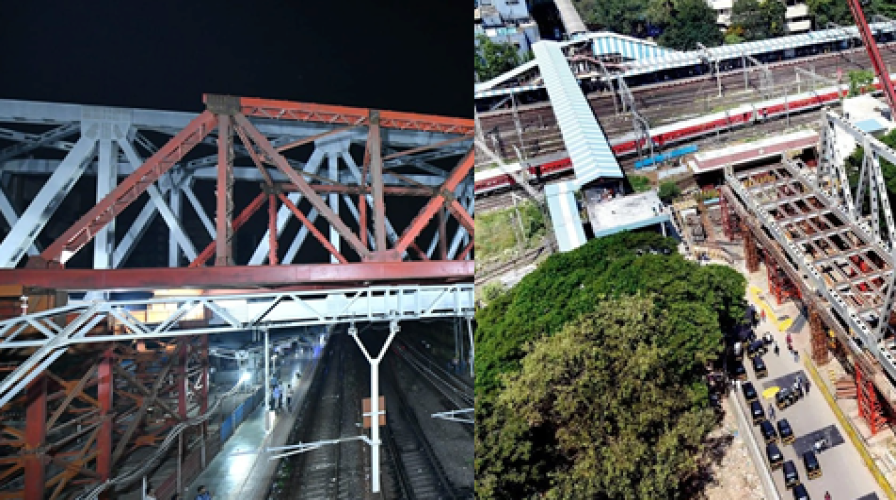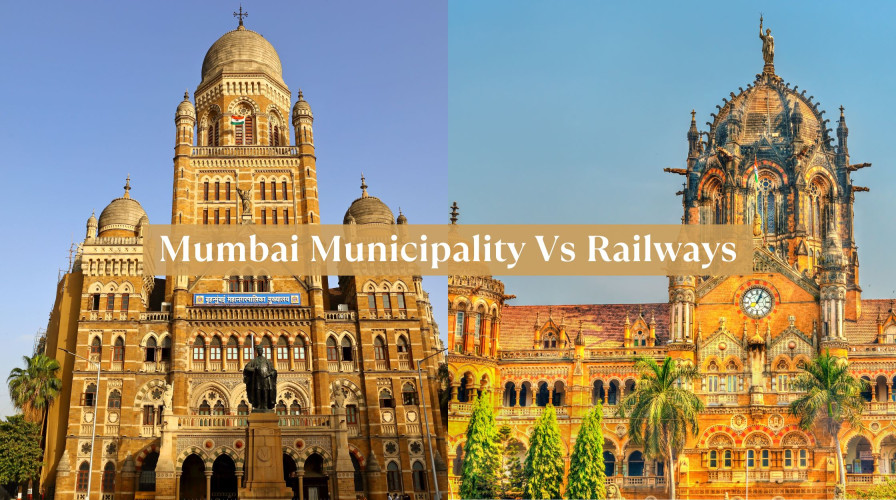tensions Rise in Mumbai Over Controversial Waqf Amendment Bill

In a heated meeting in Mumbai, a delegation of Muslim intellectuals and community representatives voiced strong objections to the Waqf (Amendment) Bill, 2024, during discussions with the joint parliamentary committee (JPC) tasked with reviewing the proposed legislation. The group argued that the bill is unconstitutional and detrimental to the interests of the Muslim community.
The JPC, led by Bharatiya Janata Party MP Jagdambika Pal, convened to gather feedback on the bill, which aims to amend the Waqf Act of 1995, introducing significant changes to the governance and regulation of waqfs—Muslim religious endowments established for charitable purposes. The meeting quickly became contentious as the Muslim delegation expressed overwhelming opposition, asserting that the entire community rejects the amendment.
Members of the delegation claimed to represent the sentiments of approximately 60 million Muslims, stating, “When we conveyed this, the JPC chief implied we had launched a campaign. Why wouldn’t we, as this directly impacts our community?” They accused Pal of displaying a biased attitude toward their concerns.
Tensions escalated further during a verbal exchange between JPC member Kalyan Banerjee and representatives from the Gulshan Foundation, who supported the bill. The Muslim leaders also highlighted misleading information circulating on social media, including claims about waqf boards possessing extensive land holdings comparable to those of the Railways and Defence. They urged the government to address these misconceptions, emphasizing that it is the government's responsibility to counter such narratives.
Concerns were raised regarding the illegal occupation of waqf lands, which the delegation asserted includes property held by both central and state governments. They vehemently opposed the proposed inclusion of non-Muslim members on the Waqf Board and the elimination of the requirement for a Muslim chief executive officer, arguing that such changes threaten the integrity of waqf properties dedicated to charitable purposes.

The delegation stressed that the amendment appears to facilitate the encroachment of waqf lands, a notion deemed unacceptable by the community. They expressed hope that the JPC would convey their objections to the government and recommend the bill's rejection. They warned that if the bill were passed without thorough consideration, the Muslim community would be compelled to resist it through constitutional avenues.
The Waqf (Amendment) Bill was introduced by the BJP-led central government in August, intending to redefine the powers of state waqf boards and conduct a survey of waqf properties. This proposal has faced significant backlash from opposition parties, who have labeled it “unconstitutional” and “divisive.”
The JPC, which comprises 21 members, is expected to submit its report during Parliament’s winter session after gathering input from various stakeholders across the country. The Mumbai meeting included several notable figures, such as Maulana Mohibullah Nadwi, Asaduddin Owaisi, and representatives from various Muslim organizations, further underscoring the bill’s contentious nature and the deep concerns it has raised within the community.









